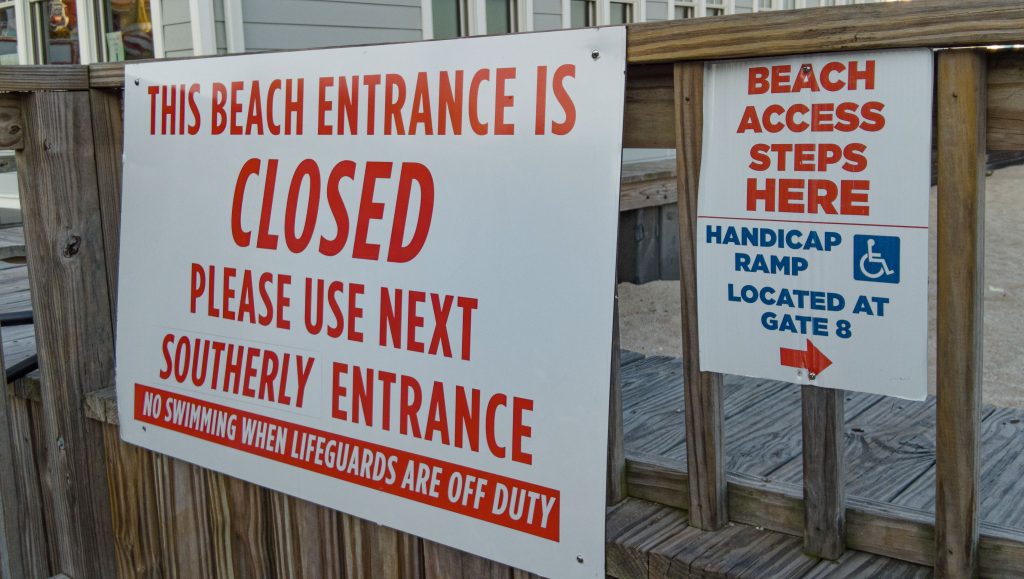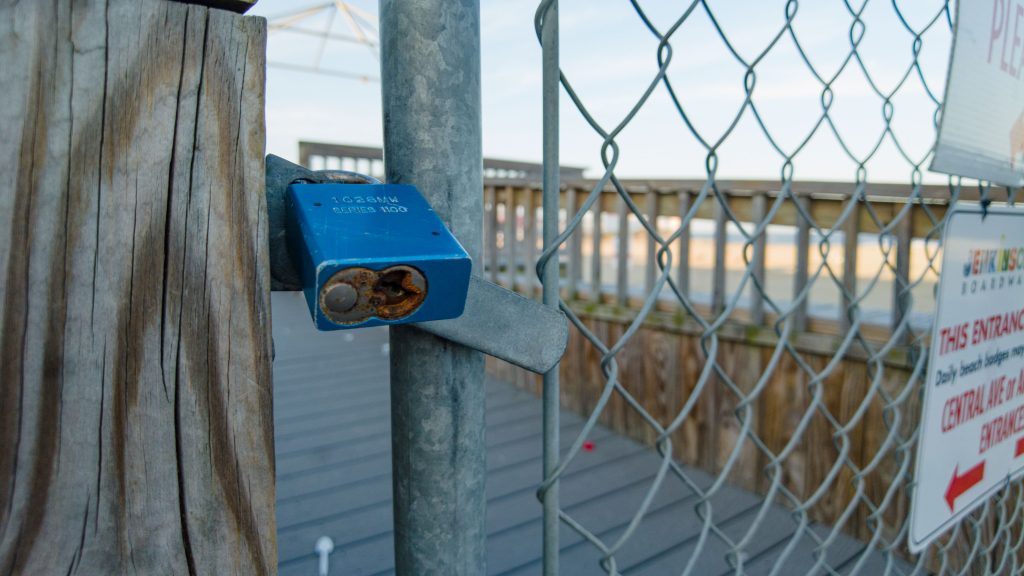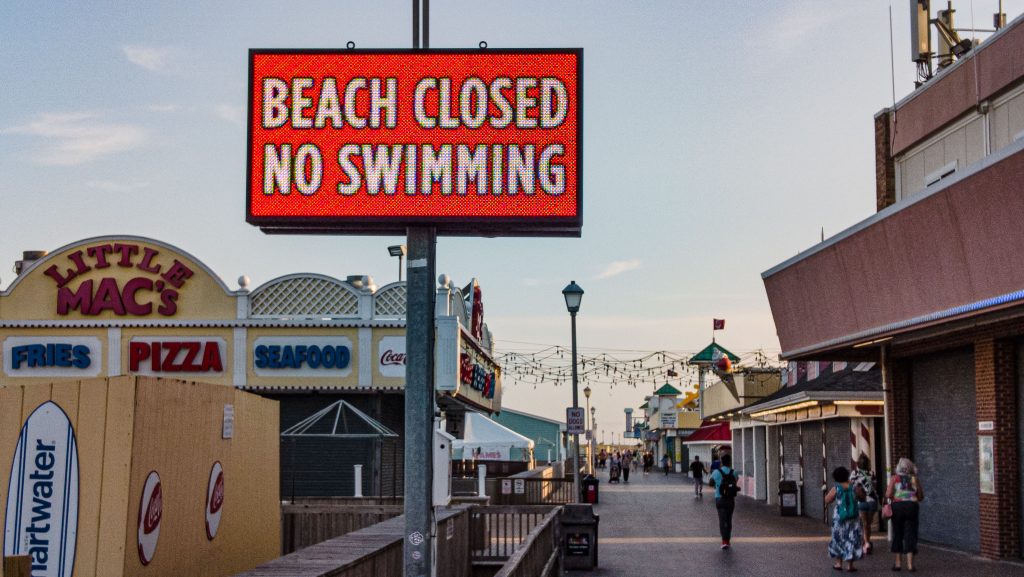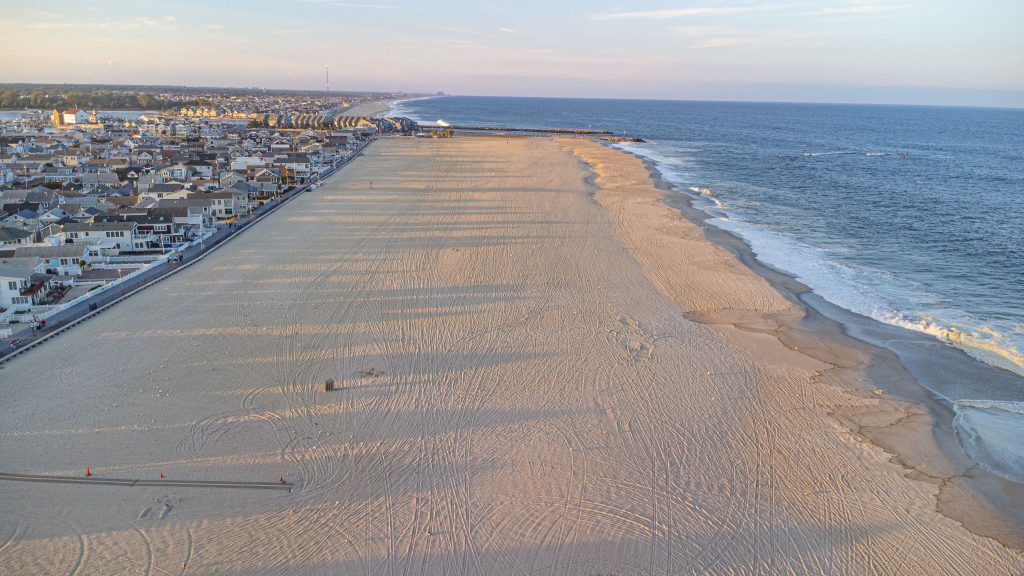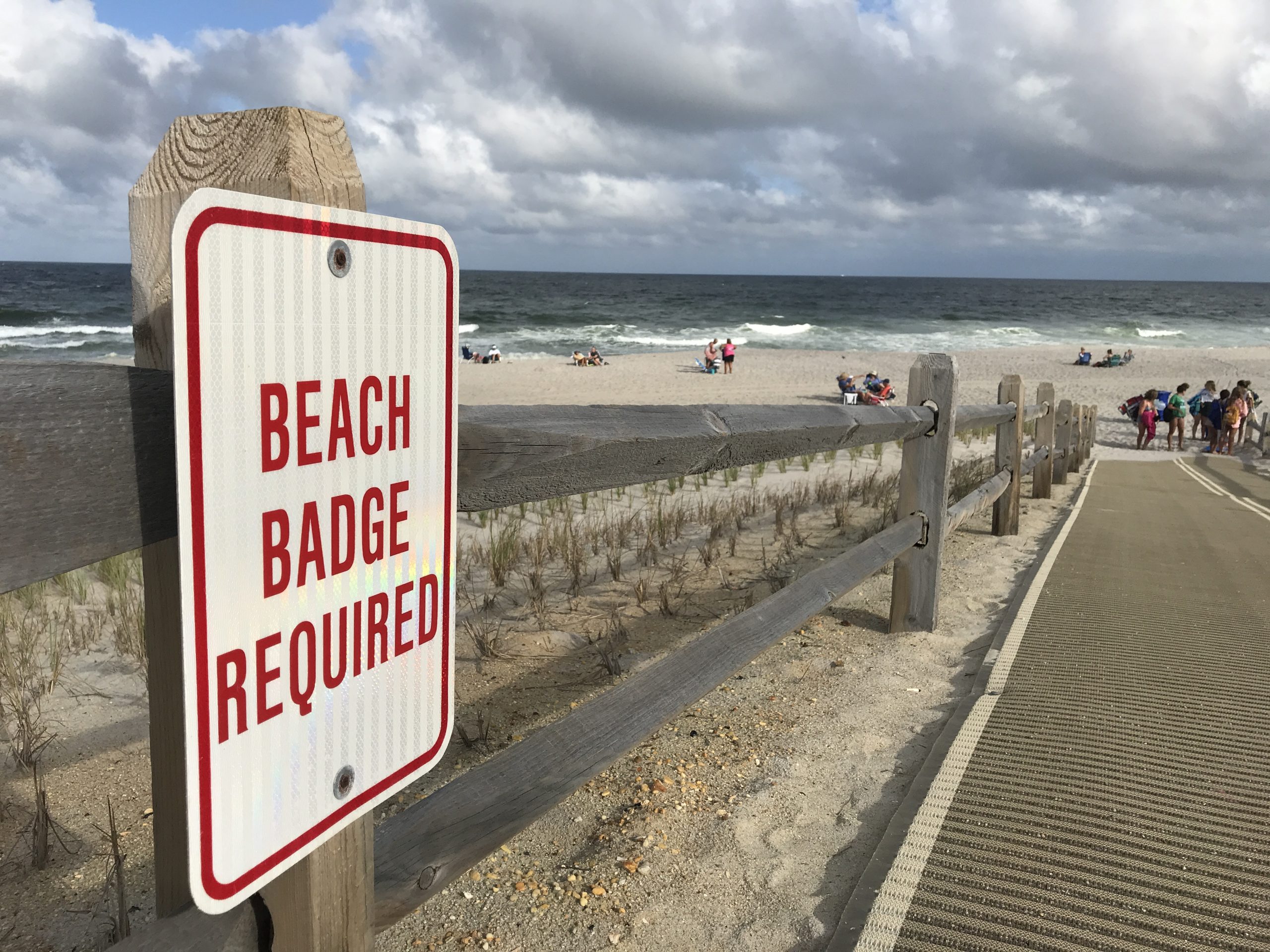Less than a week after abruptly closing all access to its ocean beaches in Point Pleasant Beach, Frank Storino, the owner of the private corporation that owns what is known as Jenkinson’s Boardwalk, was served with a violation notice by the state Department of Environmental Protection, saying the blocks’ worth of chains, padlocks and blockades preventing access to the sand is not legal.
Jenkinson’s owns nearly all of the beaches in Point Pleasant Beach. The only municipally-owned beach is located at Maryland Avenue at the southern terminus of the town, and remained accessible. While most municipalities have rules prohibiting swimming when lifeguards are not present, none completely block access to the sand itself and actively take steps to prosecute those who walk on the beach.
A letter from the DEP, addressed to Storino, said his company failed to comply with a condition under its permit to operate a beach under the state’s Coastal Areas Facilities Review Act. That condition states that Jenkinson’s “cannot limit vertical or horizontal public access to its dry sand area, not interfere with the public’s right to free use of the dry sand for intermittent recreational purposes connected with the ocean and wet sand.”
An inspector visited the boardwalk Sept. 14 and observed the signage and physical barriers that had been set up to prevent people from accessing the beachfront.
The warning letter, a copy of which is embedded in this article, was written Tuesday. A copy was obtained by Shorebeat on Wednesday. The letter does not impose any penalties on Storino, or Jenkinson’s, but is meant to “advise you of the above violation and provide you with an opportunity to take corrective actions and to engage in discussions with DEP.”
Mayor Paul Kanitra said in a brief announcement via social media that Jenkinson’s made the decision to close all beach access due to a lawsuit that was filed stemming from a drowning that occurred during a previous fall season. An exhaustive review of open case files indicates one case that fits the description – a wrongful death action filed by the family of a 69-year-old man who died in 2020 while rescuing his grandson from a rip current.
The complaint, a copy of which appears in our previous story on the beach closures, alleges Jenkinson’s failed to notify beachgoers that the National Weather Service had issued some type of advisory regarding rough surf that day, and the family was “invited” on to the beach without supervision.
Beach access advocates, over the last several days, have blasted the decision, saying it flies in the face of the Public Trust Doctrine, a legal theory that states the owners of natural resources hold those resources in trust for the public to access. New Jersey is one of the few states that has codified portions of the doctrine within its statutory and administrative codes.

Advertisement
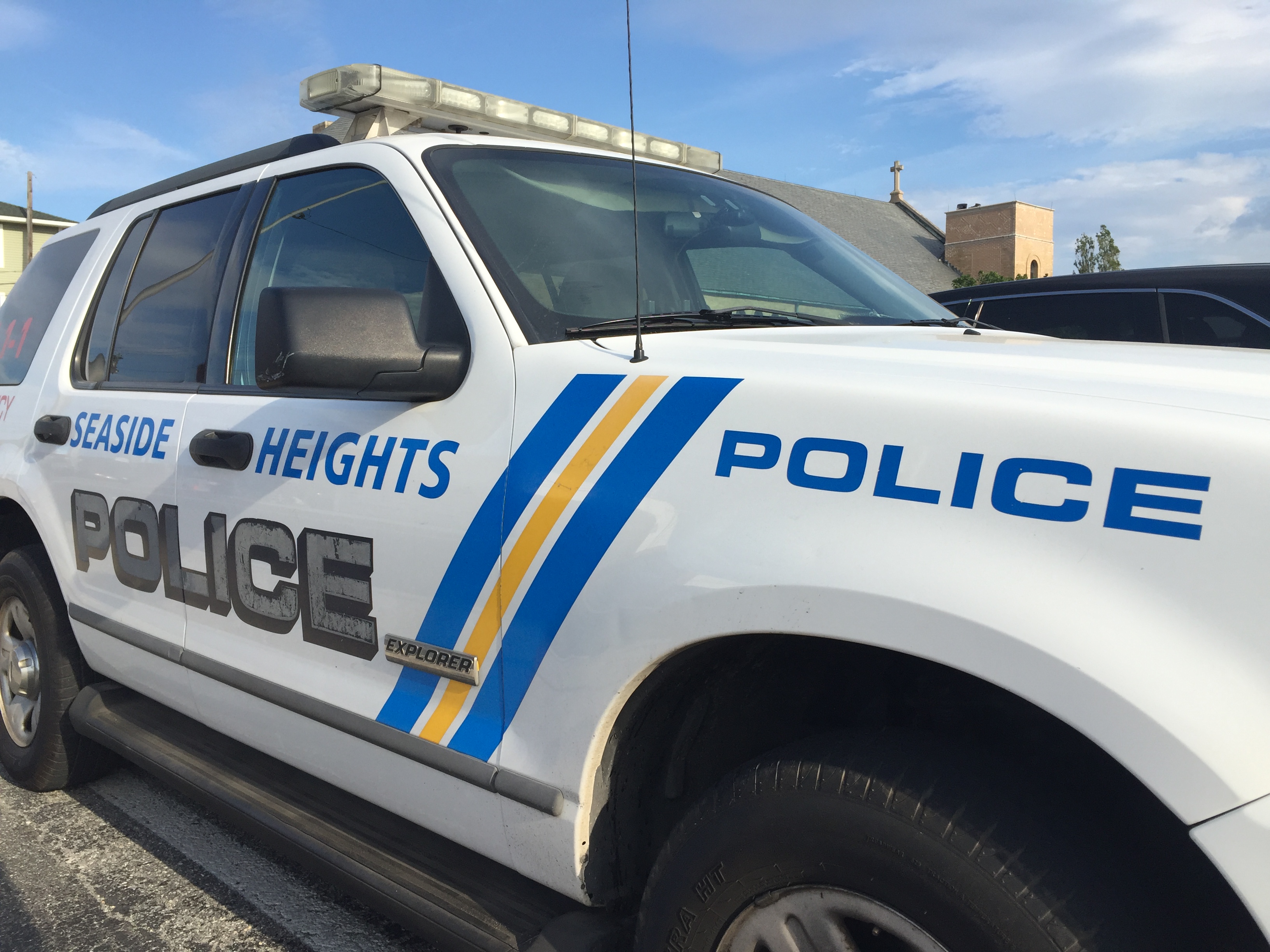
Police, Fire & Courts
Police Investigating Possible Shots Fired in Seaside Heights
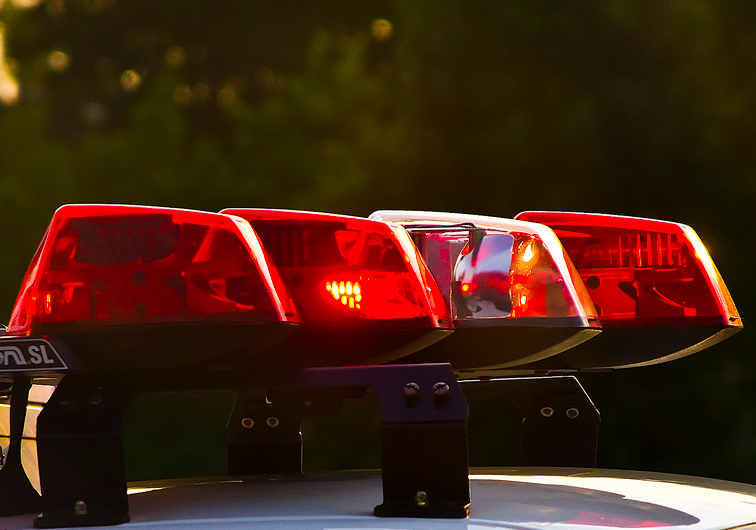
Police, Fire & Courts
Cops: Juvenile Arrested After 118mph Joy Ride in Seaside Heights, Toms River Kills 2

Seaside Heights & Seaside Park
Seaside Heights Mourns Passing of Boardwalk Legend, Still Working Into His 90s

